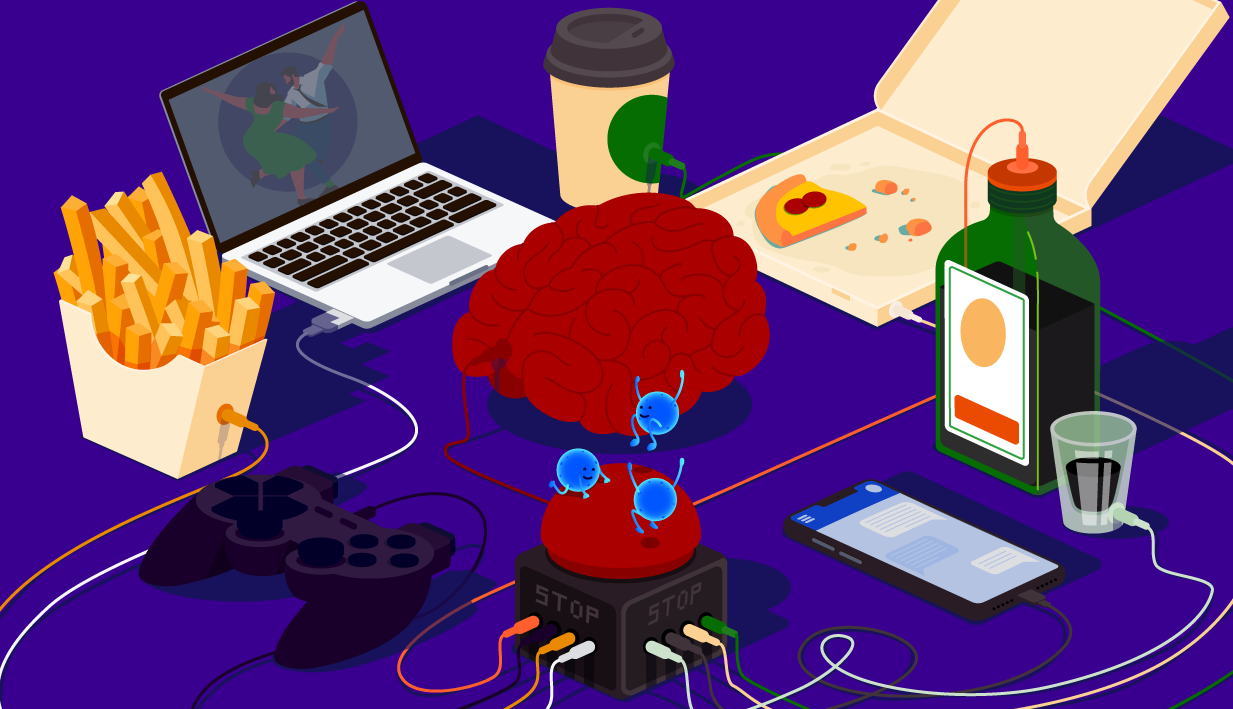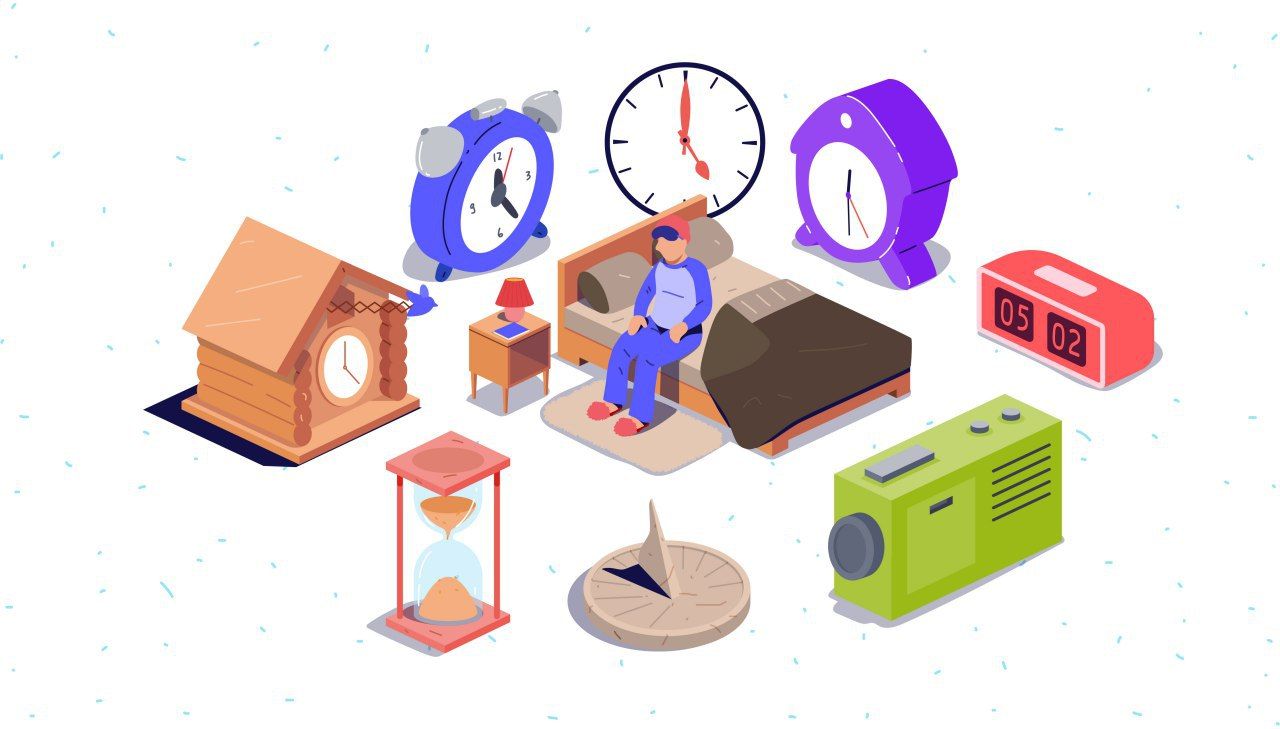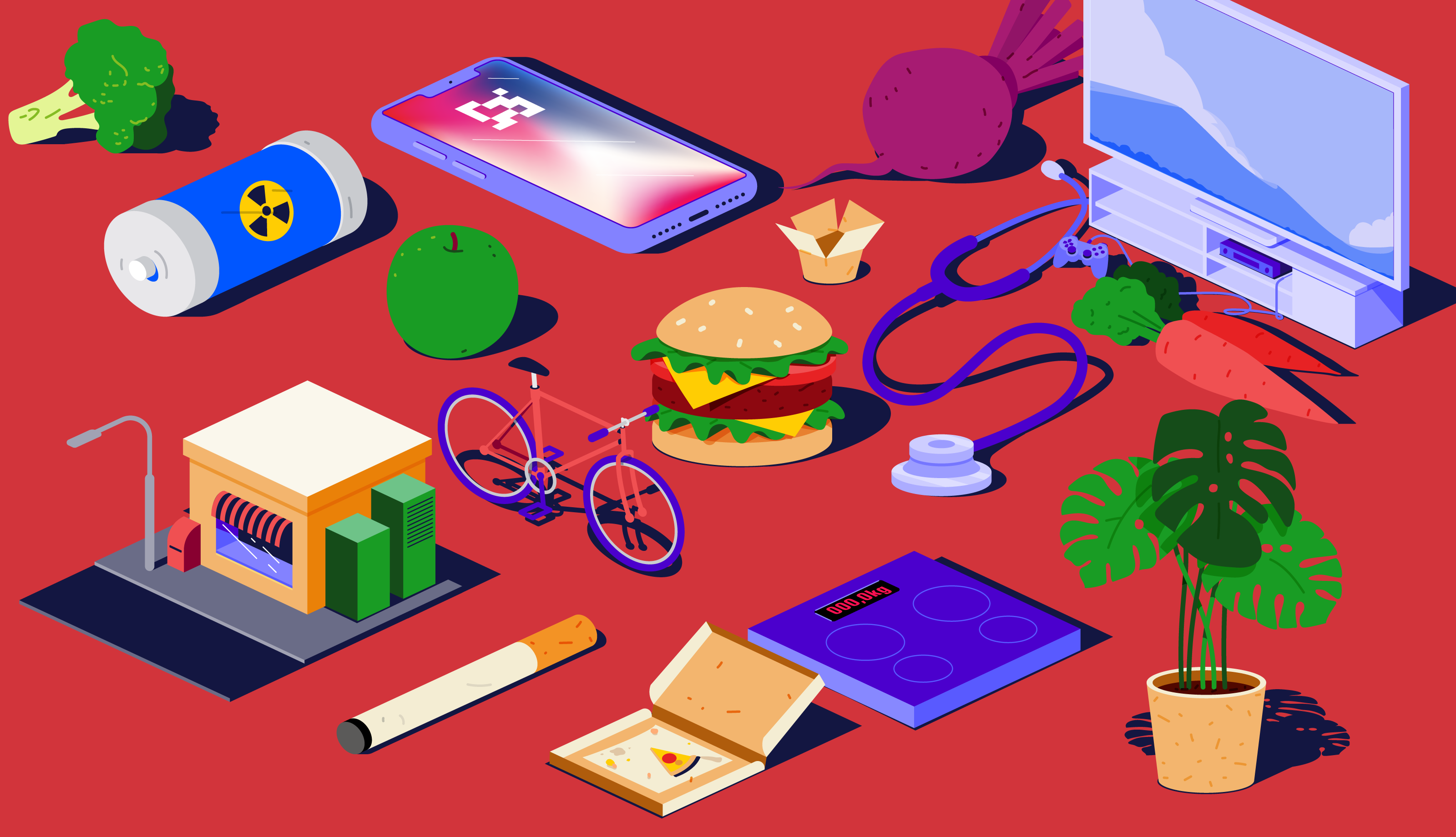Find out the secret causes of insomnia and how to shut off an overactive mind at night for sleep. Forget caffeine - we’re talking drugs, diseases, and insomnia genes.
If you can't switch off when you head to bed or you have racing thoughts at night, then it’s time to check out these common causes of sleep problems. From genes to recreational drugs and prescription medicine, there are many reasons why you’re missing out on brain sleep while your body is asleep and your mind is awake.
Table of contents
- 1. Social jet lag
- 2. Insomnia genes
- 3. Stress levels
- 4. Health problems
- 5. Recreational drugs
- 6. Medication and insomnia
- 7. Ageing and disturbed sleep
Social jet lag
One particular ailment that many suffer from nowadays is social jet lag. This happens to your body when Friday evening drinks turn into late-night salsa parties, or when your Saturday gaming sessions run into Sunday brunch.
No matter the reason, keeping your body up past bedtime several times per week causes jet lag. In this case, it’s social, but it has the same effect as changing time zones: it puts your body’s natural circadian rhythm off, leaving you exhausted and badly rested.
☝️TIP☝️If you’re obsessing over your schedule or tomorrow’s meetings, make a to-do-list before going to bed so you can put your mind at ease.
How genes affect sleep
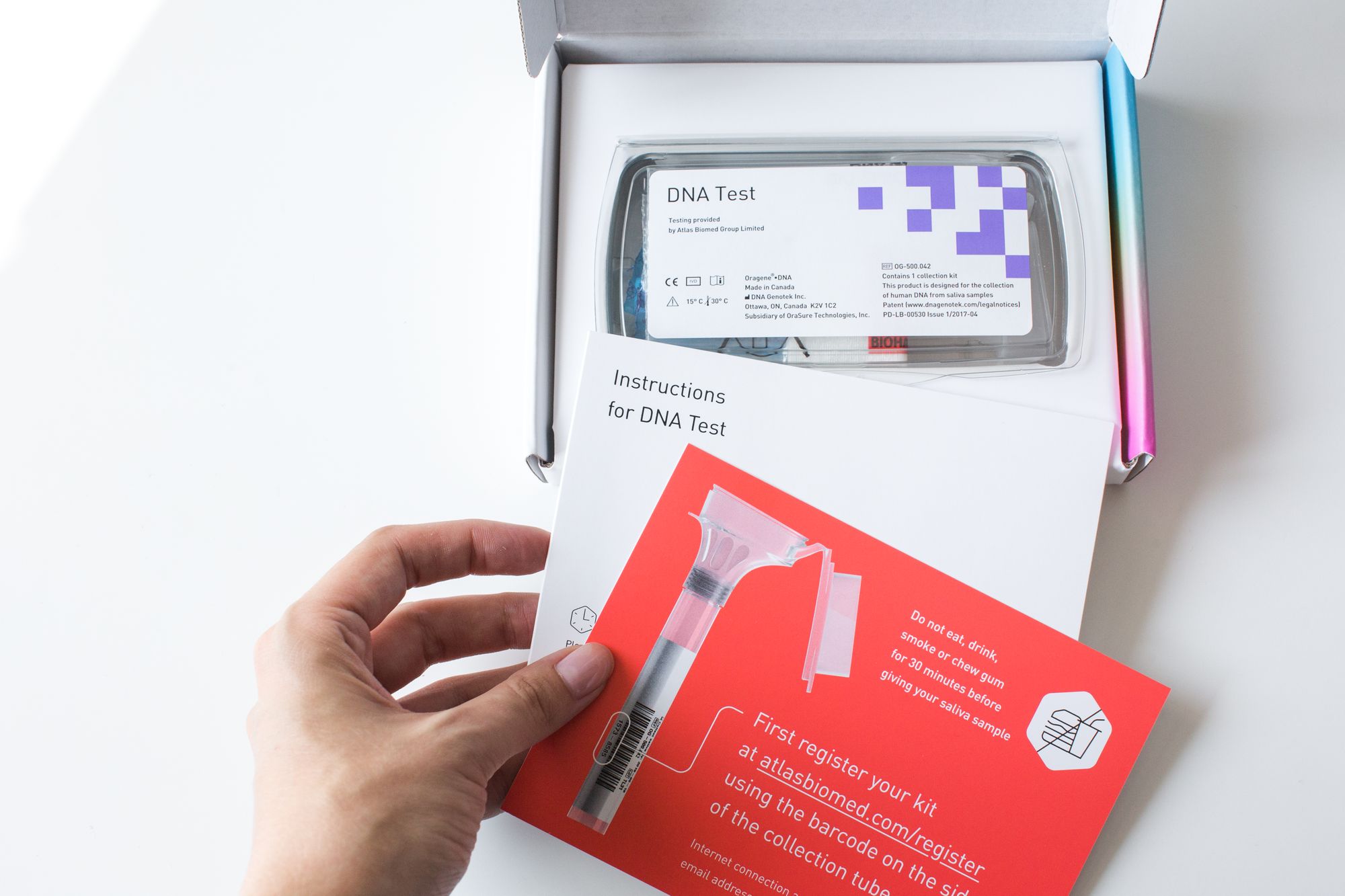
If you can't sleep and are thinking too much, it could actually be in your genes.That’s right, some people have a genetic predisposition to insomnia that comes from several genes involved in intracellular metabolism and signal transmission.
☝️TIP☝️ Take the Atlas DNA test to find out if you have the genes responsible for disturbed sleep.
Turn down your stress levels
An overactive mind at night and sleep do not go well together, and it’s because of stress. Stress is also why you want to sleep but your brain won't stop talking to itself. That’s because when the mind is under pressure, it releases a hormone called cortisol, which is also what the body uses to wake you up in the morning.
Cortisol causes your heart to beat fast. It disturbs your body’s natural programming and diverts its resources into fueling your muscles and staying alert. So if you have racing thoughts at night, then you need to get your stress levels under control.
Health problems
Several medical conditions can affect your sleep. You might think you can't sleep and are thinking too much, but it could actually be a side effect of a health condition. Here are some common diseases and problems that affect sleep quality:
| Heart conditions | Angina (chest pain) or heart failure |
| Respiratory conditions | Asthma, gastrointestinal reflux disease (GERD), chronic obstructive pulmonary disease (COPD) |
| Neurodegenerative diseases | Alzheimer's disease, Parkinson's disease |
| Hormone imbalances | Оveractive thyroid, menopause |
| Joint or muscle problems | Arthritis |
| Genital or urinary conditions | Urinary incontinence, enlarged prostate |
| Sleep disorders | Snoring, sleep apnea, restless legs syndrome, narcolepsy, night terrors, sleepwalking |
| Chronic pain | Any condition that induces pain on a regular basis |
Recreational drugs
If you want to sleep but your brain won't stop talking to itself, then it could be recreational drugs. Both abuse and withdrawal from drugs have been linked with sleep disturbances and vivid or unpleasant dreams. The three most common are cocaine, ecstasy, and marijuana. Let’s put each of them under the microscope.
Cocaine and insomnia
Cocaine is a powerful substance that makes it hard to turn off your mind. One systematic review found that people taking this drug found it harder to fall asleep and slept for less time. Cocaine also stopped the subjects from entering REM sleep, the stage of the sleep cycle associated with dreaming.
Ecstasy and insomnia
Ecstasy, also known as methylenedioxymethamphetamine (MDMA), is an especially popular nightclub drug. However, it causes serotonin imbalances in the brain and increases the risk of obstructive sleep apnea two weeks after it has been ingested.
☝️FACT☝️ Sleep apnea is a serious problem that deprives the body of oxygen. It increases the risk of heart attack, stroke, and atrial fibrillation.
Marijuana and insomnia
Marijuana is often associated with relaxation, but that’s not the whole story. Research shows that cannabis disturbs REM sleep and deep sleep.
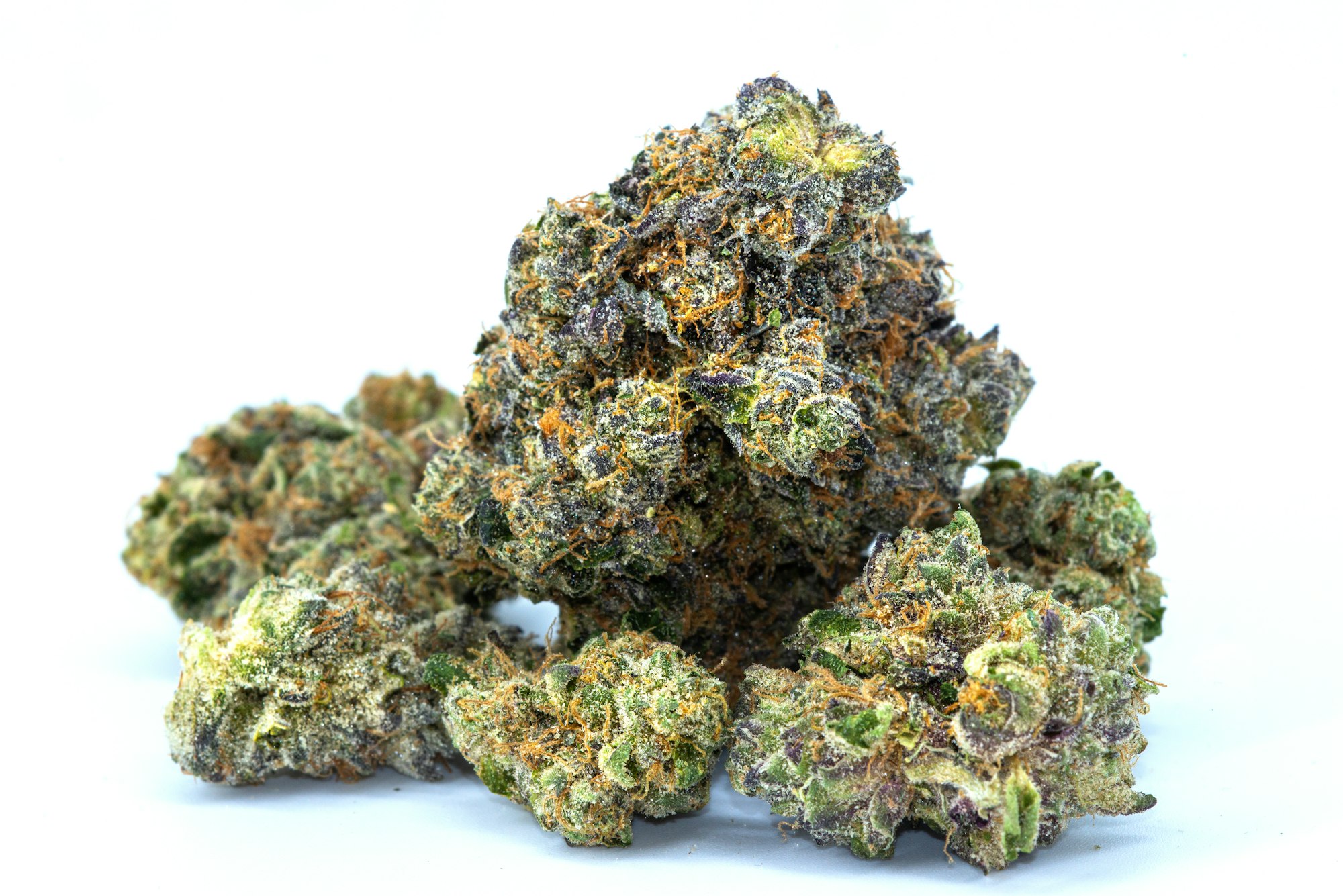
It also affects how quickly a person is able to fall asleep. Interestingly, the concentration of THC (the hallucinatory molecule) is an important influence on the sleep disturbances experienced.
Alcohol and insomnia
Nicotine and insomnia
You might think a cigarette before going to sleep is going to soothe and calm you, but we have to disappoint you. In fact studies confirm that nicotine stimulates your nervous system, keeping you awake counting sheep and making you wonder how to clear your mind to sleep.
☝️TIP☝️ If you want to know how to shut your mind off stop thinking about anything, start by making a to-do list or keeping a diary to unburden your brain of intrusive thoughts.
Medication and insomnia
A lot of over-the-counter and prescription medications can affect your sleep by either making you sleepy or causing sleeplessness.
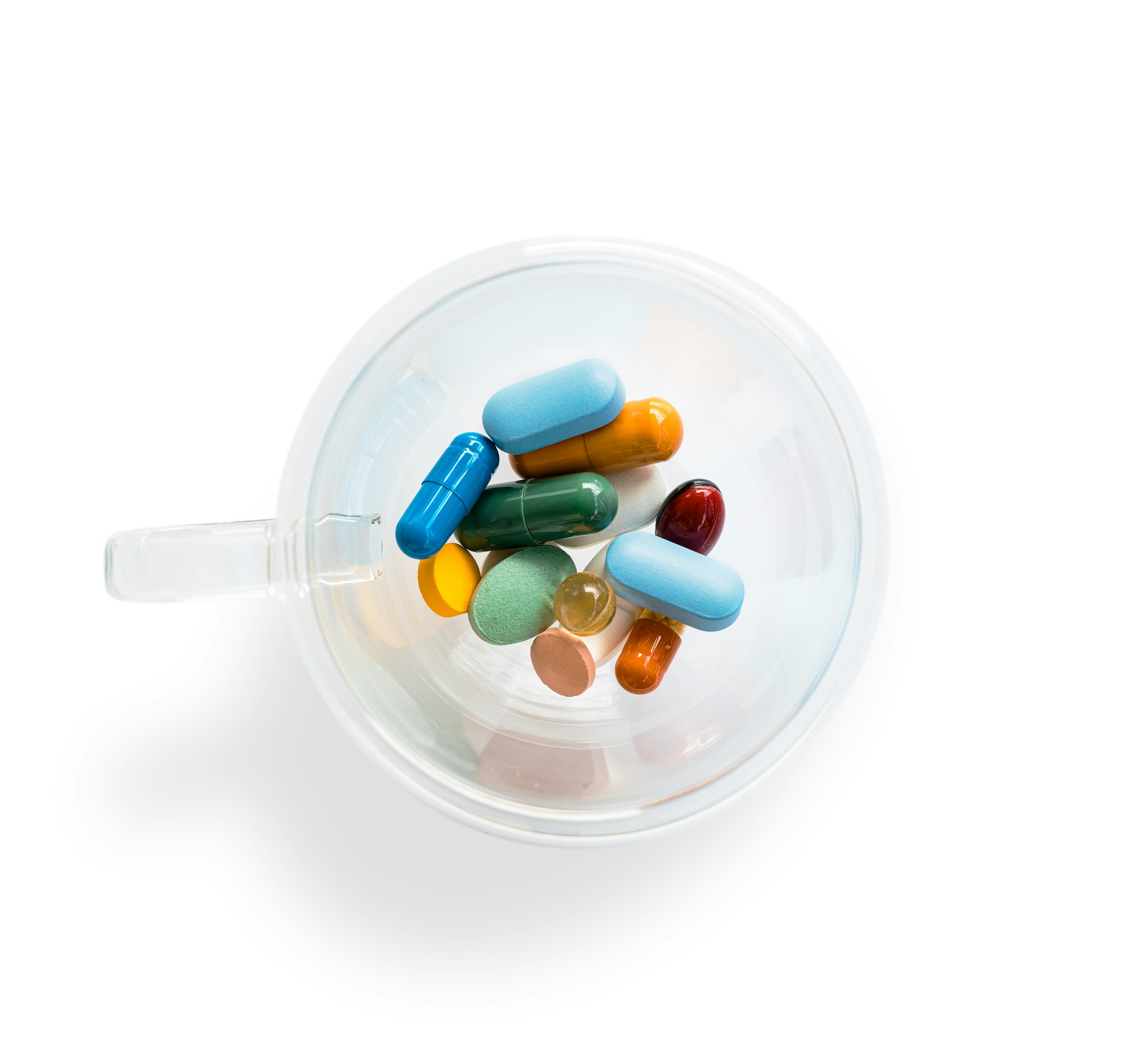
Always read the label when buying medicine. If you are taking prescription medication, consult your doctor if you notice any changes in your sleep quality.
Ageing and disturbed sleep
Always wondered why your grandmother is up at 5 a.m.? As many as 50% of elderly adults complain about the difficulties of falling asleep or disturbed sleep. It can be aggravated by chronic conditions and some medications, reduced mobility, daytime naps, loneliness, and psychological factors.
☝️TIP☝Maintaining a healthy sleeping routine and lifestyle is the primary advice for those aging who want to prevent or treat problems with sleep.
- Pradeep C. Bollu, MD and Harleen Kaur, MBBS, Sleep Medicine: Insomnia and Sleep, 2019
- The Guardian, Social jetlag – are late nights and chaotic sleep patterns making you ill?, 2019
- Laura K. Fonken, et al, Light at night increases body mass by shifting the time of food intake, 2010
- Harvard Medical School, Sleep and mental health, 2009
- Harvard Medical School, Sleep problems, heart disease often in bed together, 2007
- National Health Service (NHS Inform), Insomnia, Causes
- Josephine Arendt, Biological Rhythms During Residence in Polar Regions, 2012
- Dr. Claire Durant, Recreational drugs and sleep, 2016
- Marc-Antoine Crocq, MD, Alcohol, nicotine, caffeine, and mental disorders, 2003
- Dhaval Patel, MD, Joel Steinberg, MD, Pragnesh Patel, MD, Insomnia in the Elderly: A Review
- John Hopkins Medicine, Insomnia: What You Need to Know as You Age
- Garcia AN, Salloum IM. Polysomnographic sleep disturbances in nicotine, caffeine, alcohol, cocaine, opioid, and cannabis use: A focused review. 2015

